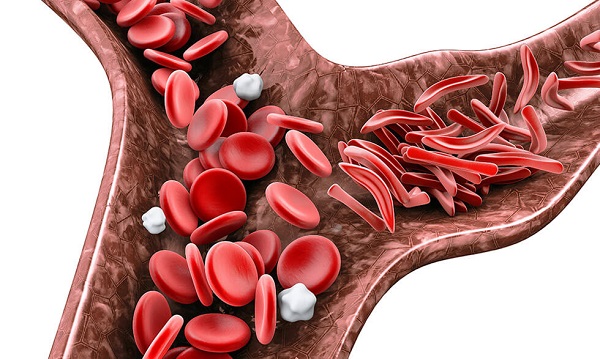Yakubu Gowon University (previously called University of Abuja) and some international partners have received over £5 million to support sickle cell disease research in sub-Saharan Africa.
Professor Obiageli Nnodu, who leads the Centre of Excellence for Sickle Cell Research and Training at the university, shared this news during a workshop on Tuesday focused on better care for sickle cell patients in Africa.
The workshop was organized by the research centre (CESTRA) and the Liverpool School of Tropical Medicine under the PACTS project. The theme of the workshop was about building strong research systems and ensuring safety.
Professor Nnodu, who also runs the university’s Centre for Sponsored Projects, said the goal is to help African institutions become better at doing world-class sickle cell research by building their skills and infrastructure.
She explained that research helps countries develop. African institutions need proper training and equipment—not just to win research funding, but also to carry out, manage, and apply their research to real-world problems and policies.
She said the workshop is important because while the university is getting more research funding, many staff members still need training to take full part in these projects.
Professor Nnodu, a Co-Principal Investigator on the PACTS project, also said the research involves teams from Ghana, Zambia, the US, and the UK.
She added that the institutions working together include Liverpool School of Tropical Medicine, Kwame Nkrumah University in Ghana, and the University Teaching Hospital in Zambia, with total funding of over £5 million.
While opening the workshop, the Acting Vice Chancellor of the university, Professor Patricia Lar, said the event shows the university’s strong commitment to tackling sickle cell disease.
She noted that the workshop marks an important step toward improving research and finding solutions for sickle cell disease, which is a major health issue in Nigeria and the wider region.
She emphasized that building strong research skills is not just important—it’s necessary for universities to help solve long-term problems.
She hoped the workshop would be a chance to share ideas, learn from one another, and improve both health outcomes and research quality, not just in Nigeria but across Africa.
Professor Imelda Bates, the lead investigator for PACTS, said the project is unique because it focuses on the needs of sickle cell patients directly.
She explained that this approach starts by talking to patients about their challenges, then trying to solve those problems through research.
She said Nigeria is the right place for this research because it has the largest number of people in the world living with sickle cell disease. So, it’s very important for the country to take the lead.
Talking about early results from the project, Professor Bates said many families with sickle cell patients are struggling to afford healthy food and make needed lifestyle changes.
She noted that these families often have several affected children and face very high medical costs. Many of them are also very poor.
They have trouble paying for transport to clinics, buying food, and sending their children to school. The research team is working to understand how to help solve these issues.
She also said many patients first use herbal remedies instead of going to hospitals, which leads to delays and worse health outcomes, since they don’t get proper treatment or follow-up care.
For instance, many patients need blood transfusions, which herbal treatments can’t provide.
Another problem is the long wait times at hospitals. Patients often wait a long time to see doctors, get tests, pick up medicines, and so on—wasting time and money.
She said the research team is looking for ways to fix some of these problems and make things easier for sickle cell patients.


